Tom* began individual music therapy teletherapy sessions this past December because he has had Parkinson’s Disease (PD) for 10 years and now his spouse says she can’t hear him speak and continually asks him to, “Speak Up!” I also knew Tom before the pandemic lockdown of 2020 as he attended an in person music therapy group for people with PD. After attending the in person singing sessions Tom realized the strong effect singing at least once a week, and going through specific research based vocal warm-ups, helped preserve and often allowed him to speak louder when in conversation with others. After a break in sessions due to the COVID-19 pandemic, he reached out to me to begin twice weekly teletherapy sessions to begin to increase his vocal volume once again. He often self reports, “This is really helping! My spouse doesn’t complain as often about my soft speaking voice. I also love singing the songs we sing together! I’ve even sung with my grandchildren!” (*Tom’s name and case details have been changed slightly for privacy)
On other occasions over the past few months, parents have reported that they could see their children physically relax when the music therapy session began over teletherapy. The pandemic has brought on a larger sense of anxiety in children and adults and these days, much of the goals of music therapy is to provide a sense of safety, familiarity, and support.
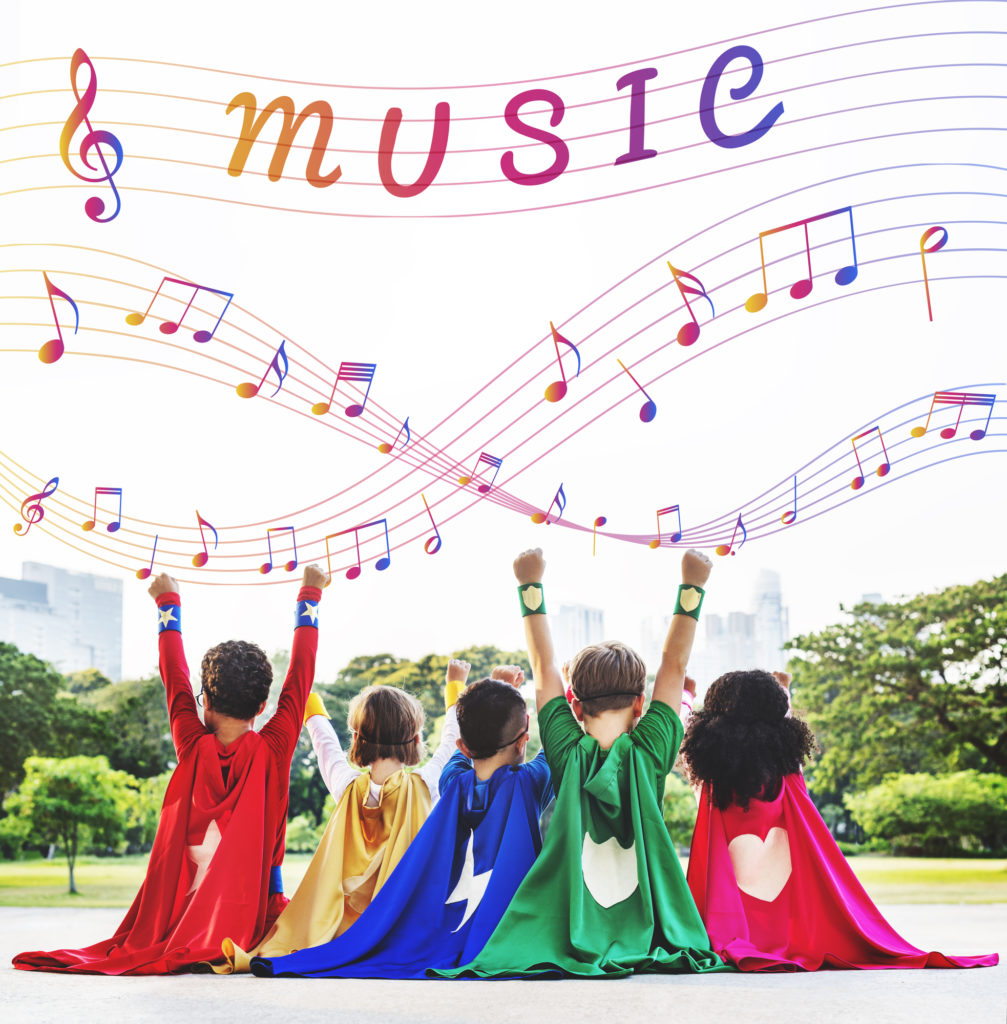
Music can bring out our “superpowers”. There is a relationship one has with the music that helps meet an individual goal, such as to increase feelings of wellbeing, to relax, to speak up, and increase confidence. Perhaps someone mentioned the practice of music therapy to you, or you saw a post on social media spotlighting the benefits of music therapy. Music Therapy has increasingly gained more attention in the 15 years I have been in practice. Alternative health care practices as a whole has increased as a way to often complement and enhance traditional health care practices. Music therapy does not replaces doctor’s visits, other important prescriptive therapies, but it can complement other other therapies as well as stand on it’s own as an effective therapeutic intervention.
Once, I was talking to someone I met at the park while with my kids and I told her I was a music therapist. She wanted to know more about music therapy which sparked a conversation with her. This kind of conversation is not uncommon for me. At this particular instance, one of my kids remarked, “Mommy, you can talk about your job any where!” Yes, I can. Yes. I can.
The common definition for Music Therapy is that it is an established health profession in which music is used within a therapeutic relationship to address physical, emotional, cognitive, and social needs of individuals. Music therapy is often individualized to individual needs and musical preferences.
A good website to find out more and gain much of the same information is the website for the American Music Therapy Associaiton www.musictherapy.org there is a great slide show on the home page that gives a great overview of music therapy. I encourage you to check it out.
What does music therapy look like at In Harmony Music Therapy of Middle Tennessee? I serve a variety of ages with a variety of needs through music therapy services. Here is the break down of my current work:
Ages 0-6: Music Together within Therapy curriculum includes a songbook and a CD of songs that are used within a developmental model of growth. Music Therapy techniques help address global developmental delays, including social, communication, movement, social-emotional, health challenges, as well as developmental and intellectual disabilities. This family centered music therapy helps foster bonding and communication between parent and child in an enjoyable and engaging activity. Diagnosis includes but not limited to developmental delays, premature birth, cancer, challenging behaviors, Cerebral Palsy, Down Syndrome, Autism Spectrum Disorder (ASD), Rhett Syndrome, Angelman Syndrome
Ages 7-21 Both individual and seasonal group sessions are offered for kids and youth with continued delays, diagnosis, and physical and/or cognitive impairment can continue to benefit from social interaction, social-emotional well being, and learning communication skills. Music pared with movement engages kids and youth with varied abilities. This includes both verbal and nonverbal communicators which can increase confidence in a growth mindset of personal agency. Therapy helps build skills and self-confidence in a fun interactive music making setting. It can also work on relaxation and coping strategies to calm and regulate the nervous system and help increase focus. Diagnosis includes but not limited to developmental delays, cancer or other health challenges, trauma, challenging behavior, Cerebral Palsy, Down Syndrome, Autism Spectrum Disorder (ASD), Rhett Syndrome, Angelman Syndrome
Adults with Intellectual and Developmental Disabilities. Currently, individual music therapy is offered for adults with cognitive impairments but wish to engage in active music making and setting goals for themselves such as to improve self-confidence, learn a leisure skill, and process more complex feelings and emotions as adults. Through music therapy services, they can learn to sing songs, play piano, or use rhythm instruments for musical and self expression.
Adults with Parkinson’s Disease. Music and active music making through singing and rhythmic movement is utilized to help strengthen, preserve and slow the progression of loss of voice volume, teach supported breathing, encourage physical movement and to help lift feelings of apathy and depression. I offer both individual and group sessions.
Memory Care for Dementia diagnosis. Music therapy can help support adults diagnosed with dementia to enhance memory recall which contributes to reminiscence and satisfaction with life. Music making, especially to a person’s preferred musical preferences of favorite songs can cause positive changes in mood and emotional states associated with memory loss. I also offer both individual and group sessions.
Do you know someone who might benefit from one of these music therapy services offered through In Harmony Music Therapy of Middle Tennessee? I LOVE and appreciate word of mouth referrals! I encourage you to tell your friend and/or loved one about music therapy today. Please do me a favor and share this post with someone you love. I offer a free 30 minute consultation either over Zoom, over the phone, or scheduled in person. Click the button below to find out more and get started.
All the best, Ms. Carrie
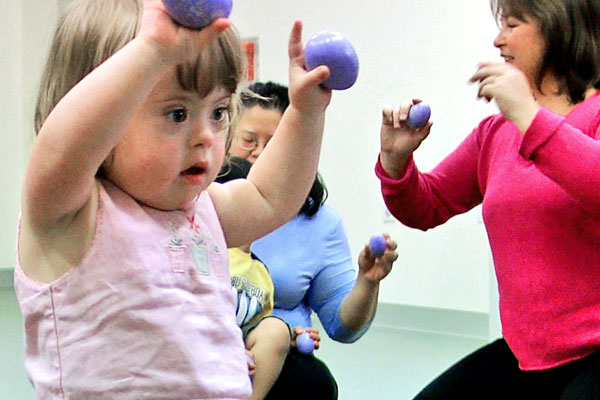
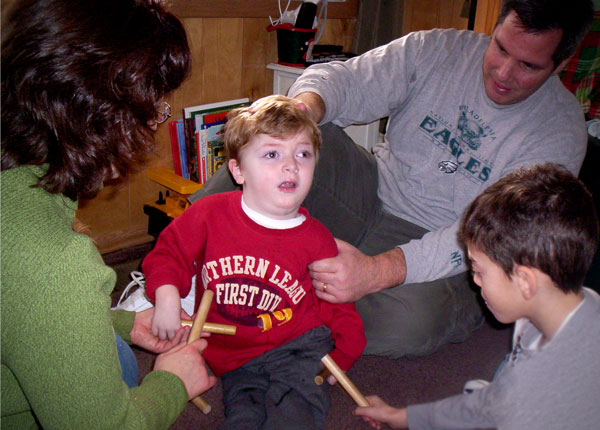
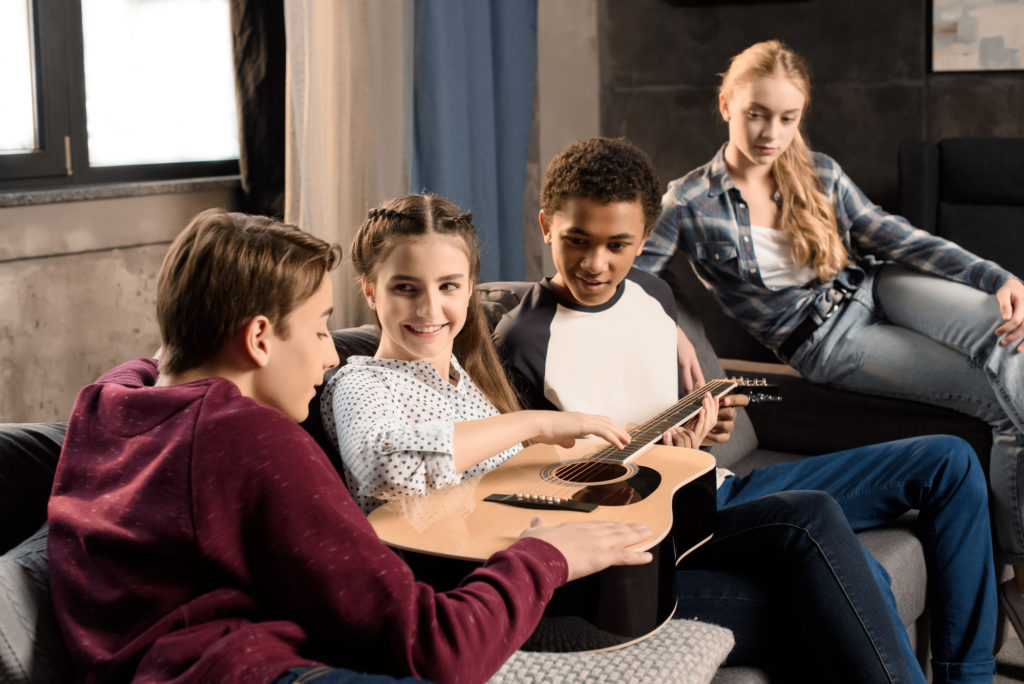
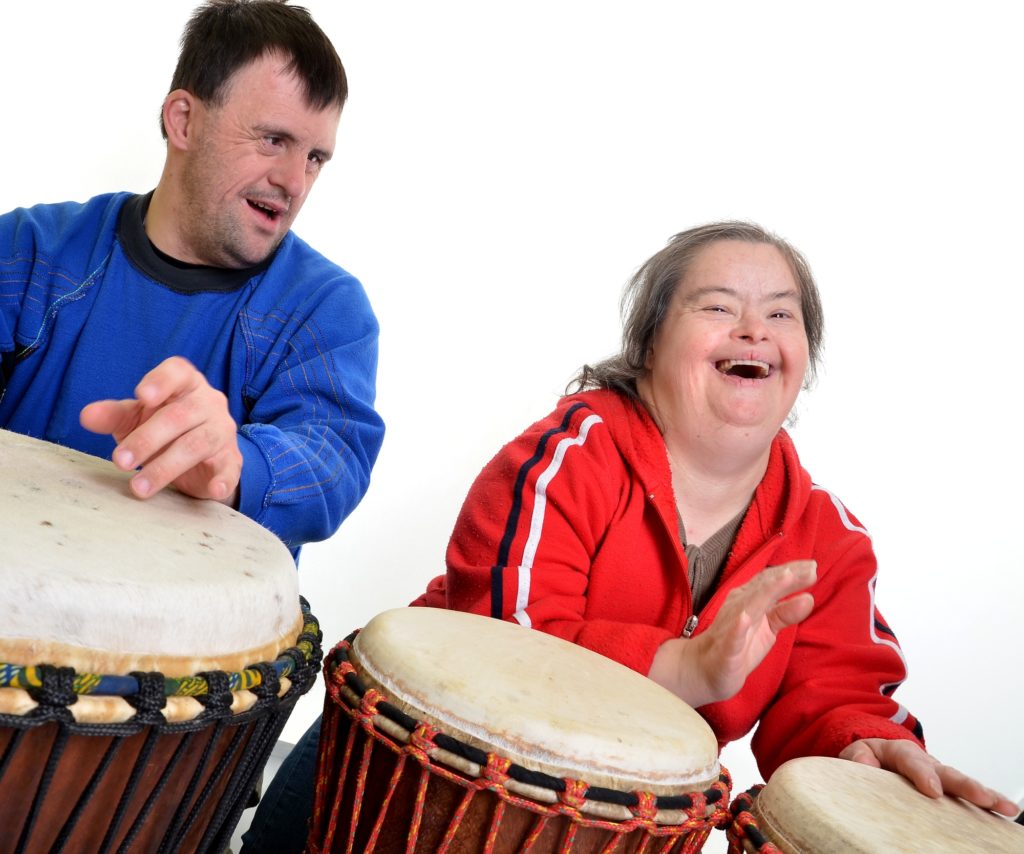
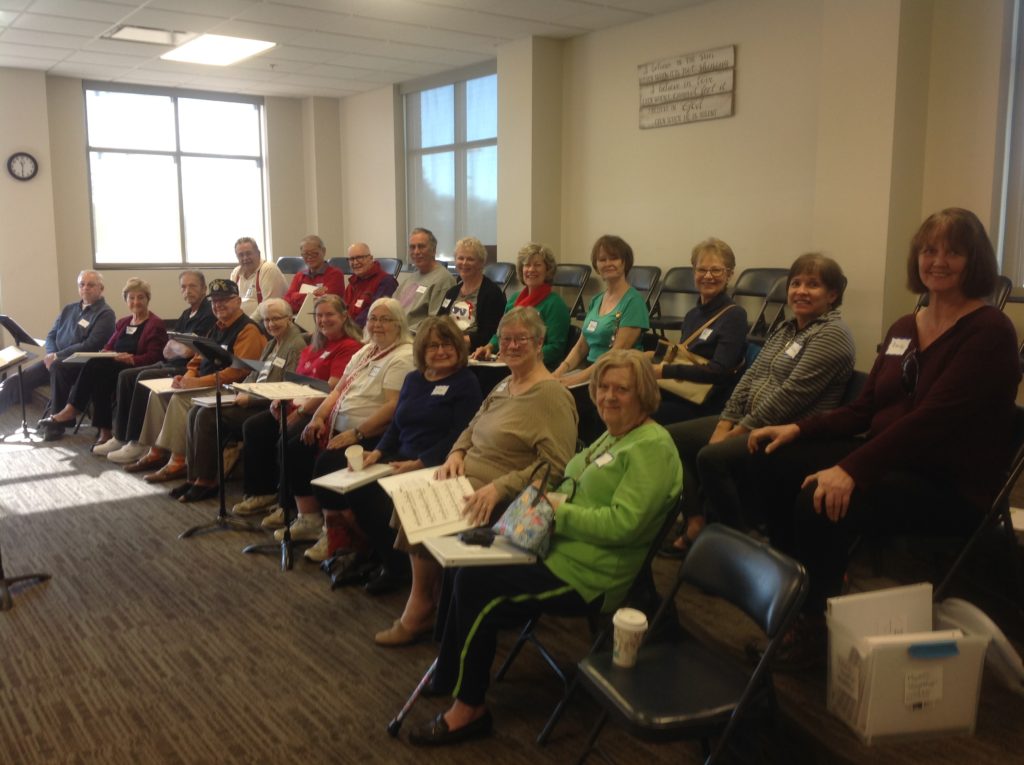
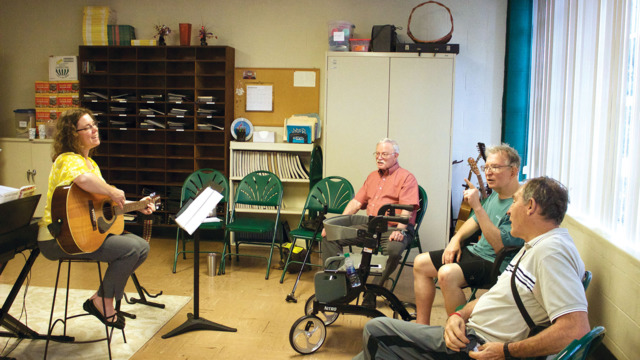

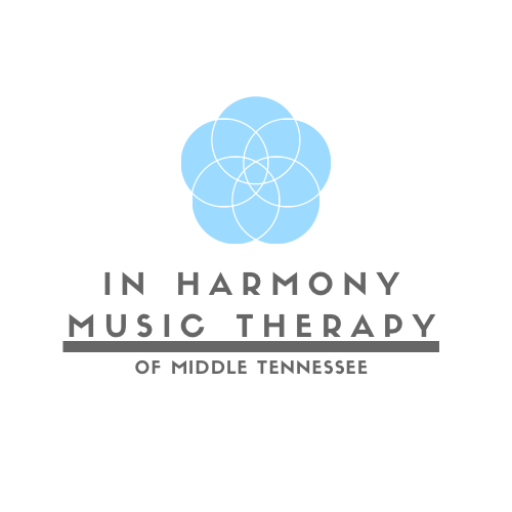
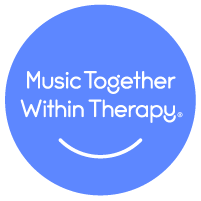
Comments
202 responses to “Superpowers!”
peptide tadalafil
peptide tadalafil
cheap cialis online overnight shipping
cheap cialis online overnight shipping
what are tadalafil tablets
what are tadalafil tablets
promethazine codeine cough syrup online pharmacy
promethazine codeine cough syrup online pharmacy
can you buy viagra at the pharmacy
can you buy viagra at the pharmacy
cialis 20mg for sale
cialis 20mg for sale
where to buy viagra over the counter usa
where to buy viagra over the counter usa
tadacip vs tadalafil
tadacip vs tadalafil
best over the counter viagra pill
best over the counter viagra pill
where to buy teva tadalafil
where to buy teva tadalafil
soma pharmacy no prescription
soma pharmacy no prescription
sildenafil 20 mg tablets coupon
sildenafil 20 mg tablets coupon
buying viagra with mastercard
buying viagra with mastercard
sildenafil 100 online
sildenafil 100 online
viagra online lowest price
viagra online lowest price
where to buy women viagra
where to buy women viagra
how much is viagra online
how much is viagra online
cialis manufacturer
cialis manufacturer
cialis online australia
cialis online australia
cialis effective time
cialis effective time
tadalafil usp
tadalafil usp
metronidazole preis
metronidazole preis
gabapentin sonno
gabapentin sonno
sulfamethoxazole cause plantar fa
sulfamethoxazole cause plantar fa
is pregabalin or gabapentin stronger
is pregabalin or gabapentin stronger
valtrex malaysia
valtrex malaysia
tamoxifen nnt
tamoxifen nnt
metformin narkoserisiko
metformin narkoserisiko
lisinopril clotting
lisinopril clotting
furosemide toedienen
furosemide toedienen
does rybelsus cause hair loss
does rybelsus cause hair loss
tablet rybelsus 3 mg
tablet rybelsus 3 mg
rybelsus and depression
rybelsus and depression
911
911
link
link
list
list
zoloft zombie
zoloft zombie
a
a
metronide flagyl
metronide flagyl
does keflex work for uti
does keflex work for uti
how much is fluoxetine at walmart without insurance
how much is fluoxetine at walmart without insurance
how to lose weight on lexapro
how to lose weight on lexapro
culture in escitalopram quzilet
culture in escitalopram quzilet
gabapentin 500
gabapentin 500
can i buy viagra over the counter australia
can i buy viagra over the counter australia
duloxetine withdrawal symptoms
duloxetine withdrawal symptoms
cymbalta and prozac together
cymbalta and prozac together
what are cephalexin used for
what are cephalexin used for
spiraldynamics
spiraldynamics
Spiral Dynamics
Spiral Dynamics
cephalexin 500mg dosage for tooth infection
cephalexin 500mg dosage for tooth infection
ciprofloxacin for cellulitis
ciprofloxacin for cellulitis
bactrim alcohol
bactrim alcohol
bactrim allergic reaction
bactrim allergic reaction
vxi.su
vxi.su
amoxicillin and potassium clavulanate uses
amoxicillin and potassium clavulanate uses
augmentin
augmentin
effexor side effects
effexor side effects
ddavp for diabetes insipidus
ddavp for diabetes insipidus
what is flomax used for kidney stones
what is flomax used for kidney stones
depakote adverse effects
depakote adverse effects
flexeril for anxiety
flexeril for anxiety
a controversial issue tends to cause
a controversial issue tends to cause
what is cozaar prescribed for
what is cozaar prescribed for
simvastatin and ezetimibe in aortic stenosis seas study
simvastatin and ezetimibe in aortic stenosis seas study
how long does citalopram stay in your system
how long does citalopram stay in your system
diclofenac wiki
diclofenac wiki
cartia diltiazem
cartia diltiazem
is amitriptyline
is amitriptyline
aripiprazole package insert
aripiprazole package insert
does aleve have aspirin in it
does aleve have aspirin in it
side effects of allopurinol 100 mg
side effects of allopurinol 100 mg
baclofen 10 mg tablet
baclofen 10 mg tablet
ashwagandha anxiety reddit
ashwagandha anxiety reddit
augmentin 1g
augmentin 1g
bupropion xl 300
bupropion xl 300
wellbutrin vs celexa
wellbutrin vs celexa
protonix drug
protonix drug
what does robaxin do
what does robaxin do
actos anales
actos anales
withdrawal symptoms from remeron
withdrawal symptoms from remeron
what does abilify treat
what does abilify treat
repaglinide intermediates manufacturers india
repaglinide intermediates manufacturers india
oral semaglutide
oral semaglutide
actinoplanes acarbose
actinoplanes acarbose
venlafaxine hcl er reviews
venlafaxine hcl er reviews
linagliptin vs sitagliptin cost
linagliptin vs sitagliptin cost
tamsulosin hydrochloride 0.4 mg dutasteride 0.5 mg
tamsulosin hydrochloride 0.4 mg dutasteride 0.5 mg
tizanidine for ms
tizanidine for ms
ivermectin generic name
ivermectin generic name
synthroid enjoo
synthroid enjoo
voltaren interaction with enlarged prostate
voltaren interaction with enlarged prostate
spironolactone hormonal acne
spironolactone hormonal acne
internet pharmacy mexico
internet pharmacy mexico
tadalafil cost cvs
tadalafil cost cvs
levitra side effects vs viagra
levitra side effects vs viagra
goodrx sildenafil
goodrx sildenafil
how long does levitra last
how long does levitra last
cialis online pills
cialis online pills
valacyclovir online pharmacy
valacyclovir online pharmacy
sildenafil citrate dosage
sildenafil citrate dosage
cost of ivermectin pill
cost of ivermectin pill
stromectol for sale
stromectol for sale
buy viagra online from mexico
buy viagra online from mexico
tadalafil mylan
tadalafil mylan
when does tadalafil go generic
when does tadalafil go generic
order stromectol
order stromectol
ivermectin lotion 0.5
ivermectin lotion 0.5
sildenafil vs vardenafil
sildenafil vs vardenafil
ivermectin lotion price
ivermectin lotion price
vardenafil india
vardenafil india
viagra europe over the counter
viagra europe over the counter
ivermectin over the counter canada
ivermectin over the counter canada
prednisone strep throat
prednisone strep throat
amoxicillin for bronchitis
amoxicillin for bronchitis
ciprofloxacin eye drops uses
ciprofloxacin eye drops uses
what does trazodone do for dogs
what does trazodone do for dogs
lyrica generic
lyrica generic
how to take valacyclovir
how to take valacyclovir
foods to avoid while taking metformin
foods to avoid while taking metformin
lisinopril hctz 20-12.5
lisinopril hctz 20-12.5
is cephalexin the same as keflex
is cephalexin the same as keflex
side effects of cephalexin
side effects of cephalexin
how much does doxycycline cost
how much does doxycycline cost
provigil approved for fibromyalgia
provigil approved for fibromyalgia
does nolvadex reduce gyno
does nolvadex reduce gyno
united healthcare online pharmacy
united healthcare online pharmacy
why does viagra not work for my husband
why does viagra not work for my husband
viagra levitra order
viagra levitra order
vardenafil snovitra
vardenafil snovitra
tadalafil buy online
tadalafil buy online
sildenafil 20 mg tablet price
sildenafil 20 mg tablet price
sildenafil citrate 200 mg reviews
sildenafil citrate 200 mg reviews
tadalafil vs sildenafil
tadalafil vs sildenafil
can i take sildenafil daily
can i take sildenafil daily
sildenafil how long does it take to work
sildenafil how long does it take to work
cialis generico
cialis generico
a new grocery store features a bank a pharmacy a flower shop
a new grocery store features a bank a pharmacy a flower shop
levitra 10mg online
levitra 10mg online
tadalafil overdose treatment
tadalafil overdose treatment
can you take levitra and cialis together
can you take levitra and cialis together
do you need a prescription for tadalafil
do you need a prescription for tadalafil
mexican pharmacy codeine
mexican pharmacy codeine
buy levitra prescription
buy levitra prescription
levitra 20mg used for
levitra 20mg used for
can women take sildenafil
can women take sildenafil
kamagra oral jelly
kamagra oral jelly
sildenafil citrate side effects
sildenafil citrate side effects
vilitra 40mg vardenafil
vilitra 40mg vardenafil
Trandate
Trandate
citrate sildenafil
citrate sildenafil
legit online pharmacy viagra
legit online pharmacy viagra
max dose of cialis
max dose of cialis
tadalafil max dose
tadalafil max dose
online pharmacy baclofen
online pharmacy baclofen
french pharmacy online
french pharmacy online
Anafranil
Anafranil
chrisale tadalafil 20 mg para que sirve
chrisale tadalafil 20 mg para que sirve
tadalafil dose
tadalafil dose
bluechew tadalafil
bluechew tadalafil
percocet online pharmacy no prescription
percocet online pharmacy no prescription
tadalafil and ibuprofen
tadalafil and ibuprofen
where to buy vardenafil in the united states
where to buy vardenafil in the united states
oregon board of pharmacy
oregon board of pharmacy
phenytoin or carbamazepine
phenytoin or carbamazepine
can i take amitriptyline and ibuprofen
can i take amitriptyline and ibuprofen
alternating tylenol and motrin for toddlers
alternating tylenol and motrin for toddlers
buy celecoxib
buy celecoxib
gabapentin laktosefrei
gabapentin laktosefrei
how long does it take gabapentin to work
how long does it take gabapentin to work
celebrex side effects flatulence
celebrex side effects flatulence
arthritis drugs sulfasalazine
arthritis drugs sulfasalazine
tegretol retard pregnancy side effects
tegretol retard pregnancy side effects
brand name for etodolac
brand name for etodolac
mestinon perros
mestinon perros
which is better maxalt or imitrex
which is better maxalt or imitrex
elavil yahoo answers
elavil yahoo answers
about mebeverine hydrochloride
about mebeverine hydrochloride
can you get cheap pyridostigmine
can you get cheap pyridostigmine
cilostazol drug eluting stent
cilostazol drug eluting stent
amitriptyline for nerve pain
amitriptyline for nerve pain
indomethacin used for migraines
indomethacin used for migraines
diclofenac sod
diclofenac sod
maxalt rapid 10
maxalt rapid 10
formulation and evaluation of rizatriptan benzoate
formulation and evaluation of rizatriptan benzoate
piroxicam micronizado
piroxicam micronizado
anti inflammatory drugs meloxicam side effects
anti inflammatory drugs meloxicam side effects
can i take celebrex with mobic
can i take celebrex with mobic
imdur nursing considerations
imdur nursing considerations
baclofen rezeptfrei preisvergleich
baclofen rezeptfrei preisvergleich
lioresal intrathekal dosierung
lioresal intrathekal dosierung
azathioprine 25
azathioprine 25
imuran ast alt
imuran ast alt
can i take sumatriptan before a colonoscopy
can i take sumatriptan before a colonoscopy
periactin sciroppo posologia
periactin sciroppo posologia
artane tablets
artane tablets
how can i get generic ketorolac without insurance
how can i get generic ketorolac without insurance
cyproheptadine vs remeron
cyproheptadine vs remeron
how does zanaflex compared to soma
how does zanaflex compared to soma
tizanidine hydrochloride india
tizanidine hydrochloride india
where buy cheap toradol for sale
where buy cheap toradol for sale
cialis online free shipping
cialis daily price